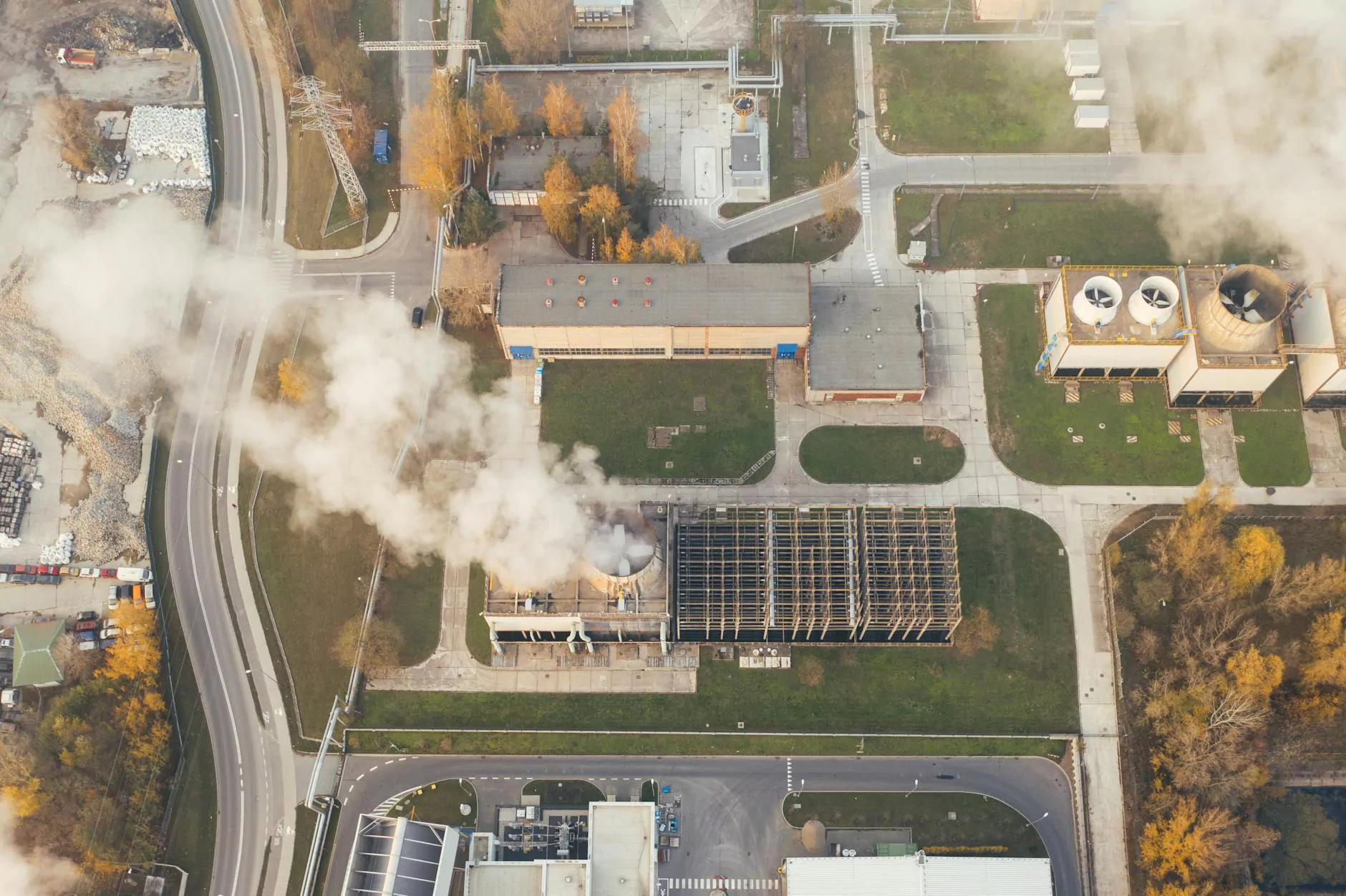Solastalgia - the Pain and Distress Felt by Environmental Change
Blogs
Welcome to Cynthia Cunningham, MFT - your trusted partner in mental health. As environmental changes continue to impact our lives, many individuals are experiencing a unique form of distress known as solastalgia. In this comprehensive guide, we delve into the concept of solastalgia, its causes, symptoms, and how our specialized services can assist you in finding solace amidst these challenges.
Understanding Solastalgia
Solastalgia refers to the emotional and psychological distress that arises from environmental changes, such as climate change, deforestation, or urban development, where individuals experience a deep sense of loss and disconnection from their environment. Unlike traditional nostalgia, which often involves longing for a past place or time, solastalgia encompasses the anguish felt due to the negative modifications occurring in a person's current surroundings.
The Impact of Environmental Change on Mental Health
As our planet grapples with the consequences of human activities, mental health concerns related to environmental change have become more prevalent. Solastalgia can lead to a range of symptoms, including anxiety, depression, sense of displacement, and a profound feeling of helplessness. Recognizing the impact of these challenges is crucial in addressing the overall well-being of individuals affected by solastalgia.
Causes of Solastalgia
Solastalgia can be triggered by various environmental factors, with each person experiencing it uniquely. Some common causes include:
- Drastic climate changes within a region
- Uncontrolled industrialization and pollution
- Loss of wildlife habitats and biodiversity
- Disruption of local ecosystems
- Deforestation and land degradation
Recognizing the Symptoms
Symptoms of solastalgia can manifest in different ways and may vary from person to person. Some common symptoms include:
- Anxiety, stress, and a constant feeling of unease
- Depression and a sense of hopelessness about the future
- Feelings of grief, loss, and disconnection from nature
- Irritability and difficulty concentrating
- Physical symptoms such as headaches, fatigue, and disturbed sleep patterns
Addressing Solastalgia Through Mental Health Support
At Cynthia Cunningham, MFT, we understand the unique challenges posed by solastalgia and offer a comprehensive approach to help individuals navigate this emotional distress. Our experienced team of mental health professionals specializes in providing personalized support to address solastalgia-related concerns.
Customized Treatment Plans
Our tailored treatment plans aim to promote your overall well-being and provide you with the necessary tools to cope with solastalgia. Through a combination of evidence-based therapeutic approaches, we work collaboratively with you to address your specific needs and navigate the emotional toll of environmental change.
Building Resilience
Resilience is key when facing solastalgia. We empower individuals to build resilience by developing effective coping strategies, enhancing emotional regulation, and fostering a sense of empowerment in the face of environmental challenges. Our compassionate approach recognizes the interconnectedness of mental and environmental well-being.
Exploring Supportive Techniques
Various therapeutic techniques can significantly aid in managing solastalgia. Our team incorporates mindfulness practices, cognitive-behavioral therapy, and ecotherapy to help individuals reconnect with nature, rebuild a sense of harmony, and find meaning amidst the changing environment.
Regain a Sense of Well-being with Cynthia Cunningham, MFT
If you are experiencing the pain and distress of solastalgia, don't face it alone. Cynthia Cunningham, MFT is here to support you every step of the way. Our compassionate, evidence-based services can help you navigate the challenges of environmental change and reclaim a sense of well-being. Contact us today to schedule an appointment or learn more about how we can assist you.
Disclaimer
While this content aims to provide valuable insights into solastalgia, it's important to note that seeking professional advice is crucial for accurate diagnosis and treatment options. The information provided here should not substitute professional counseling. Consult a qualified mental health professional for personalized support.




